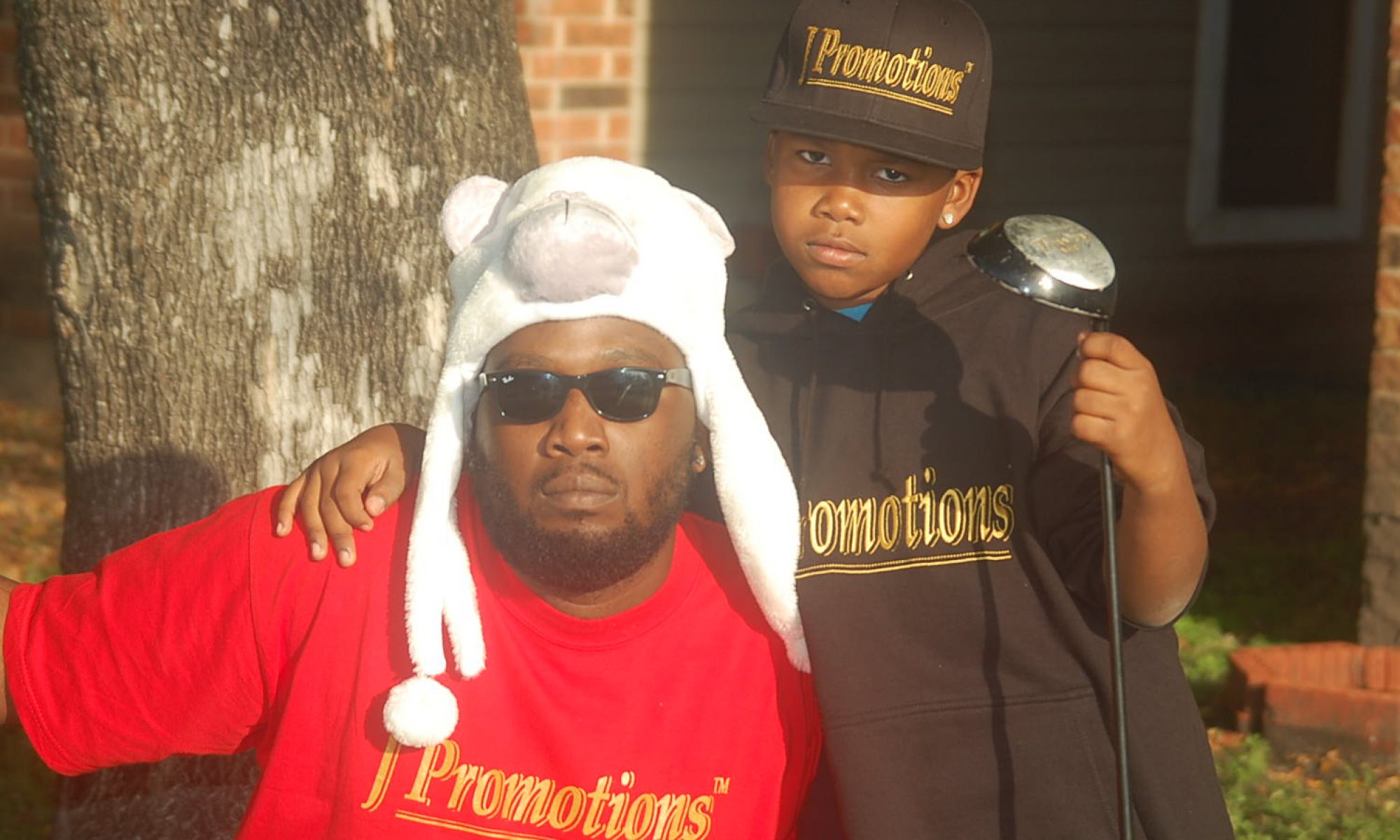In 2014, photographer Émilie Régnier photographed women in the beauty salons of Abidjan, Ivory Coast. Her goal was simple: to give her subjects space to flaunt their fabulous hair.
The images’ impressions, however, aren’t quite so unambiguous. “For black women, hair is political,” Régnier told The Huffington Post. With her series, dubbed “Hair,” the photographer hoped to explore the influence of African-American culture and media on West African women, as expressed through the aesthetic ritual of getting dolled up.
“There has been a big movement toward natural black hair, and away from wigs or anything artificial,” the photographer expressed. “But personally, I don’t think these women are thinking about the political aspect, they just want to look good.”
When Régnier first entered a local salon, she expected to embark on a photo project revolving around black women who used products to bleach their skin. However, her vision changed course after she flipped through the look books on-site, which flaunted various ‘dos for customers to adopt and improve upon.
“I’ve been in West Africa for almost eight years,” Régnier explained. “Once a place becomes familiar, you don’t see everything you used to. But I suddenly noticed, these women had amazing hair.” Beyond pure style, the hairstyles illuminated the myriad cultural influences shaping the dominant trends, as well as the physical standards of beauty women around the world feel compelled to embody.
In Ivory Coast, women undergo a variety of treatments and procedures to qualify as a “go” ― or a good-looking girl ― Régnier explained. “Hairstyle is the privilege of the ‘go-choc,’” she said in an artist statement. As a result, women often invest their savings in revamping their tresses, through highlights, extensions, dye, and wigs.
Régnier saw hair as a vehicle of communication, expressing unspoken understandings of identity, beauty and power for many local women. As the artist put it: “I tried to demystify the direct African-American influence, the part owed to globalization, and the part relating to the African decoding of information seen on television.”
Régnier was inspired by iconic Nigerian photographer Okhai Ojeikere ― who chronicled Nigerian women’s serpentine braided styles ― as well as Ivory Coast’s local look book photographers, who had created their own brand of glamour shot. She reached out to one of said professional photographers and asked to become his assistant.
In the style of most Ivorian street photographers, Régnier traversed the city with a camera around her neck, snapping the daring styles that women might later want to don for themselves. Such photos are usually then sold for around one dollar each, to hairdressers who put them into their look books for future clients to peruse and select.
Although the series is not overtly political, Régnier captures moments of freedom, confidence, creative expression and self-love for women of color. Given the beauty industry’s proclivity toward aesthetic standards of whiteness, the series can’t help but take a political stance. “As a woman of color myself, I can’t help but think of colonialism,” Régnier said. “The way women were made to want to have blonde hair.”
Today, however, Régnier observed that her clients seem somewhat removed from the political underpinnings of their style choices. “Women of West Africa aren’t thinking about white colonization that occurred 60 years ago when they wear a wig. They reclaim it,” she said.
The series frames women of color’s hairstyles as existing somewhere between frivolous style and political statement. Political influence, personal taste, cultural trends, and social status often converge to yield a chic bob, mohawk or weave. As the artist said: “All the hairstyles represent a fusion between African-American influence and African interpretations.”
Although Régnier’s photos speak volumes about the relationship between black women and hair, when the artist asked her subjects about why they chose certain styles, the responses were relatively straightforward. “They wanted to look like Rihanna or Beyoncé,” Régnier said. “Even that was a bit too plain for them.”
“From Mobutu to Beyoncé” by Émilie Régnier is at the Bronx Documentary Center from April 15 through June 4.
— This feed and its contents are the property of The Huffington Post, and use is subject to our terms. It may be used for personal consumption, but may not be distributed on a website.
Source: HuffPost Black Voices
